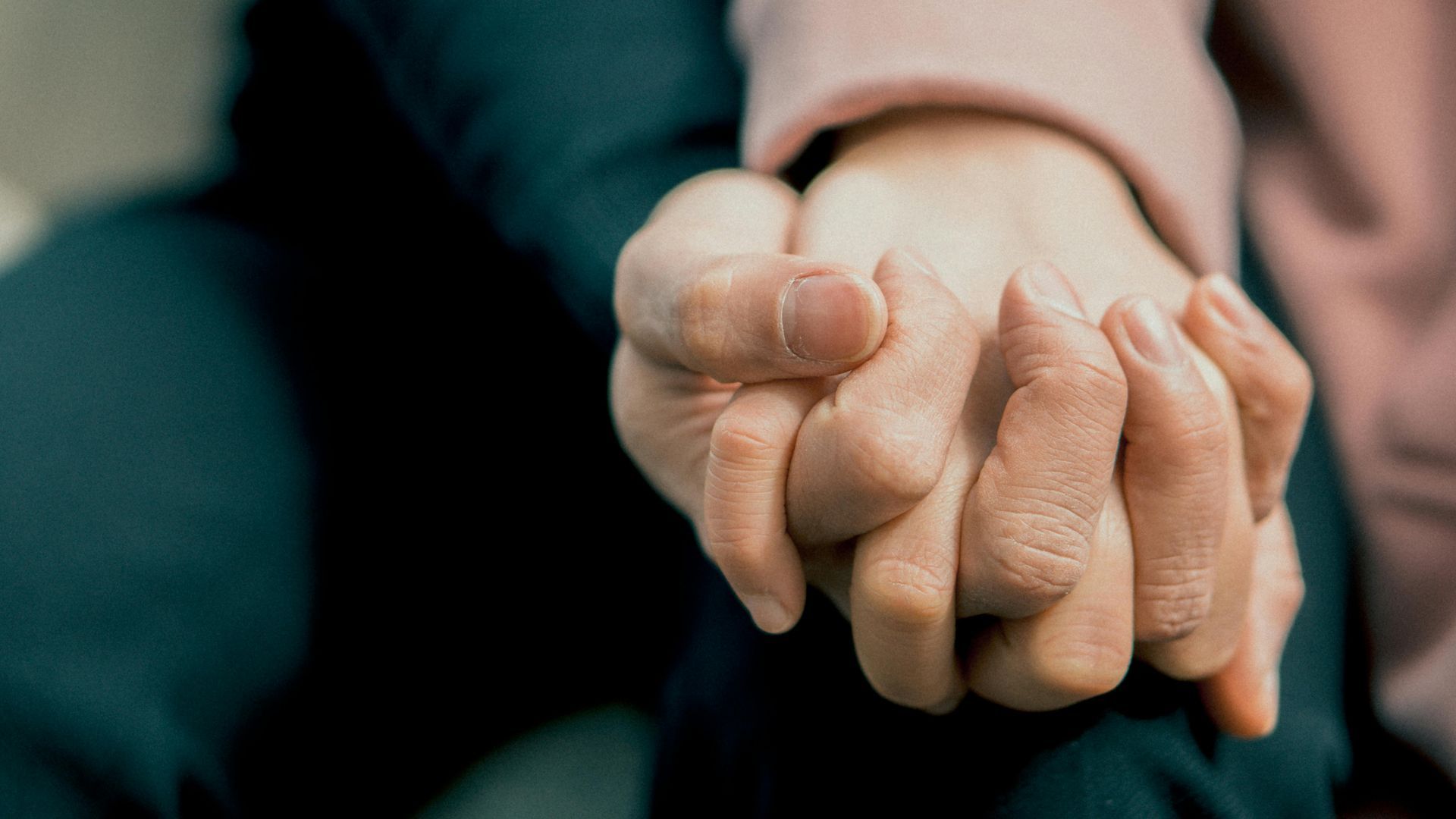Can Traumatic Brain Injury Lead to PTSD?
Can Traumatic Brain Injury Lead to PTSD?
Can TBI lead to PTSD? In short, yes. The events causing brain injury are typically quite traumatic. For example, it may be a result of a car crash, blast, or other violent attacks. In instances like those, PTSD may develop and complicate TBI recovery.
Is the onset of PTSD following TBI common?
Scientists once believed that altered consciousness following TBI eliminated the formation of memory associated with the traumatic episode, and thus, PTSD could not develop.
They now recognize that PTSD can occur after TBI for a variety of reasons:
-Unconscious encoding of sensory information related to the traumatic event. For example, smell related experience associated with the event may get registered in the brain
-Conscious encoding of parts of the traumatic event
-Reconstructing memory of the trauma via friends, family members, or other sources
-Memory of context surrounding the event that’s also psychologically traumatic. For example, the memory of the scene where the accident took place
-PTSD may also develop if there’s ongoing psychological trauma, even if the person doesn’t recall events leading up to TBI, for example, domestic violence
How does PTSD impact TBI recovery?
PTSD can impede the brain injury recovery process, especially in those with mild TBI. One potential reason for this is that PTSD can diminish overall resilience of a person to keep going even through adversity. Resilience is a factor that predicts better functional outcomes, particularly in those with mild PTSD.
The burden of PTSD, however, on top of the symptoms the person is already facing with TBI, stands to impede their recovery progress. This is especially true in people who have PTSD prior to brain injury.
Also, PTSD makes a person hypervigilant to perceived threats. After a brain injury, they may perceive somatic symptoms as a threat, too, giving it a disproportionate amount of attention. This results in heightened distress associated with those symptoms, strengthening the sensitivity to threat even more.
Do TBI and PTSD share symptoms?
A TBI is a neurological disorder. It refers to a disruption in normal brain activity resulting from an external force, such as a bump, blow, or jolt to the head. Not all such incidents may result in a brain injury, though. PTSD, on the other hand, is a mental disorder that occurs after experiencing or witnessing a traumatic event.
Here are some of the overlapping symptoms between TBI and PTSD:
-Fatigue
-Sleep-related issues
-Memory and attention problems
-Depression
-Anxiety
-Irritability
When both disorders coexist, it can take a toll on the person. Both conditions reinforce each other, making it complicated and harder for the person to cope.
Although treatment of those with comorbid TBI and PTSD presents a unique set of challenges, recovery isn’t impossible. It may not be a smooth linear journey, but with the right combination of medication, rehab, and counseling, both conditions’ symptoms can remarkably be controlled.
Recent Posts
- Proving Eligibility: Securing Worker’s Compensation After a Traumatic Brain Injury
- Navigating Life after Traumatic Brain Injury: Effective Symptom Management Strategies
- Navigating the Academic Journey: A Guide for Military Veterans with Traumatic Brain Injuries
- Protecting Developing Brains: Tips for Preventing Traumatic Brain Injuries in Children
- Students with TBI and the Education Process
The post Can Traumatic Brain Injury Lead to PTSD? appeared first on Flourish Supportive Living Assisted Living for Brain Injury.






All Rights Reserved | Flourish Supportive Living | By Digital Marketing Dude Website Development Westminster CO







